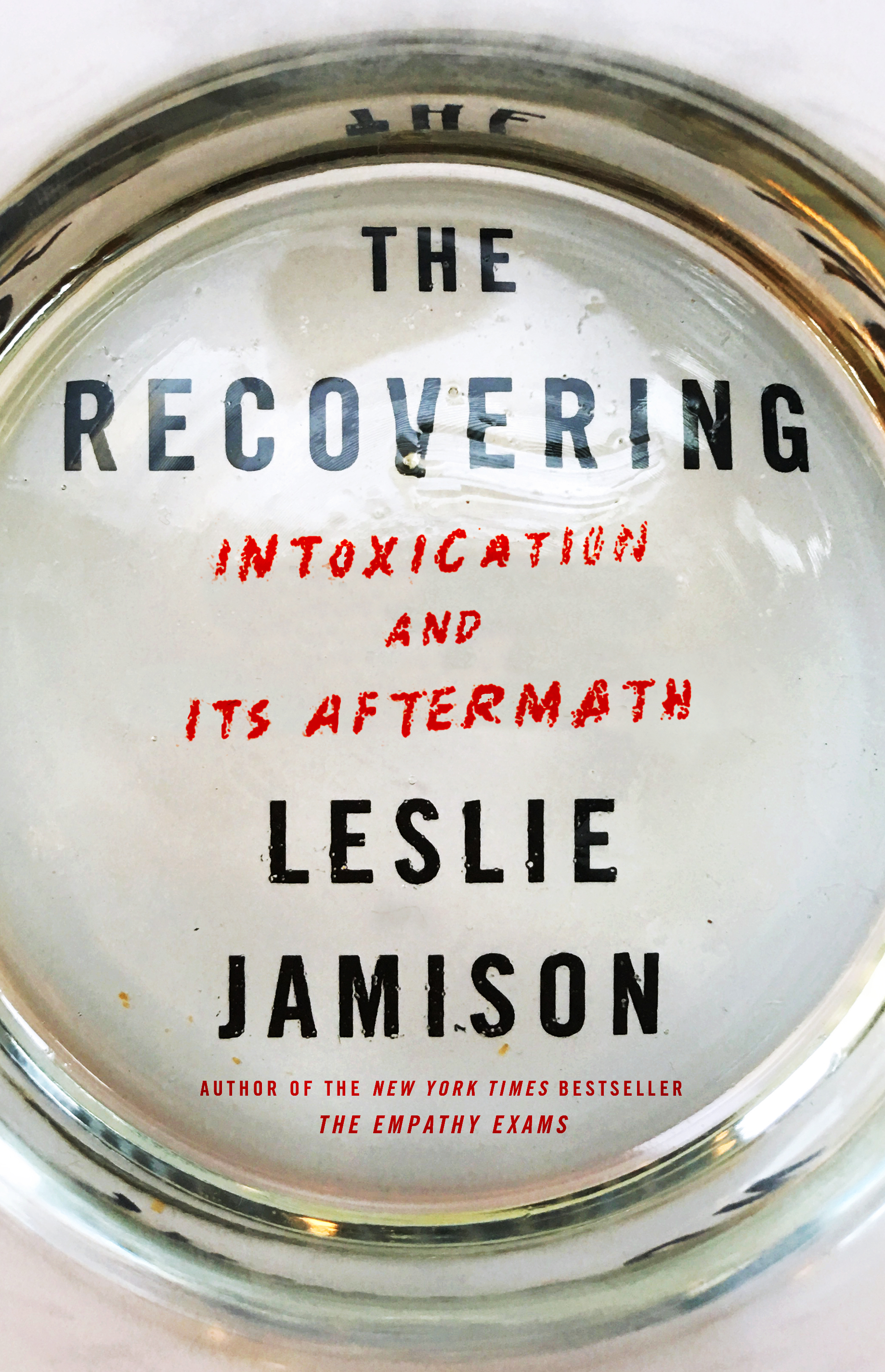This PS Pick originally appeared in The Lede, the weekly Pacific Standard email newsletter for premium members. The Lede gives premium members greater access to Pacific Standard stories, staff, and contributors in their inbox every week. While helping to support journalism in the public interest, members also receive a print magazine subscription, early access to feature stories, and access to an ad-free version of PSmag.com.


(Photo: Little, Brown)
Leslie Jamison’s Memoir of Addiction: “I’d always been enthralled by stories of wreckage,” Leslie Jamison writes toward the opening of The Recovering: Intoxication and Its Aftermath, a memoir about Jamison’s drinking career and ongoing recovery that doubles as a literary study of addiction. The book offers a pleasing corrective to the ideal of the drunken seer-poet, swilling gin in the hope that it might bring them one woozy step closer to the tragedy and poetry of life. It also proceeds with accessible lyricism and disarming frankness, a style that serves as an extension of the book’s message that sobriety hardly means the end of poetry, of the clarifying intoxification of language.
Jamison’s supporting characters include an august panel of dead literary geniuses known almost as much for their drinking as for their writing: people like John Berryman and Denis Johnson and Raymond Carver, whose ghosts enliven the drinking in the bars of Iowa City (where Jamison, at age 21, received a coveted spot at the famous Writers’ Workshop). These Iowa ghosts recur in nearly every chapter, and at times the book can feel like a curiously closed circle, its emotional energy focused so closely on male writers associated with the Iowa Writers’ Workshop. The miracle of the book is that most readers probably won’t care about this insularity: Jamison’s trips into these writers’ archives are animated by her own intense need to understand how they recovered, or failed to, and then wrote, or didn’t, and Jamison is sufficiently engaging that her urgency becomes ours. In the end, Jamison refuses to accept the freewheeling mythologies that so often accompany such writers; instead of romanticizing them, she conscripts them into a sort of chorus, alongside the voices of people whom Jamison bonds with at meetings of Alcoholics Anonymous—plus the archival testimony of patients and inmates at places like the famous Narco Farm in Kentucky.
Throughout, Jamison is zippy in her alternating delivery of meditation and confession, such that the book begins to feel shorter than its 500-plus pages would suggest. Indeed, the length feels almost like part of the point: Jamison speaks of having approached David Foster Wallace’s sprawling novel Infinite Jest with understandable skepticism, before discovering that it was exactly the book she needed at a crucial phase of her recovery. There’s even the hovering suggestion that Infinite Jest actually prevented a relapse. The generous heft of The Recovering offers a similar sort of lifeline to the people in its title: Come, tell me your story, and I’ll tell you mine.





